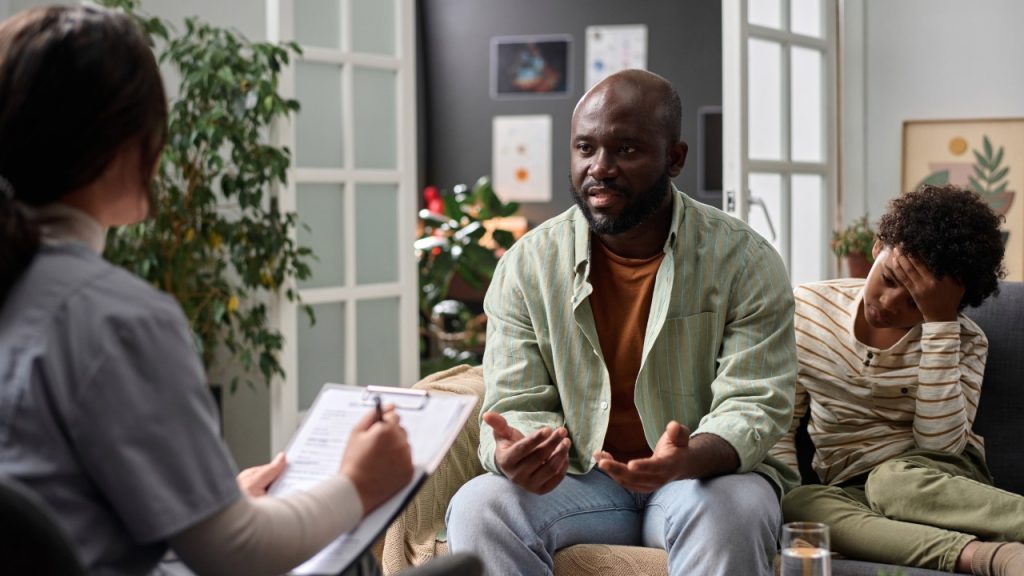Personalized Anxiety Disorder Treatment
Start Your Path Toward Calm and Clarity Today

Heal from Anxiety in a Supportive, Structured Residential Program
Living with anxiety can feel like living in a constant state of tension — overthinking, second-guessing, racing thoughts, physical unease, and exhaustion. Whether your anxiety shows up as constant worry, social fear, panic attacks, or obsessive thoughts, you are not alone — and you don’t have to face it without help.
At First Light Recovery, we provide residential mental health treatment for adults struggling with anxiety disorders. Our small, structured program is designed to help you stabilize, build coping skills, and reconnect with daily life — all in a comfortable, supportive, real-world environment.
What Does Anxiety Feel Like
- Overwhelmed by constant worry or fear
- Avoiding people, places, or responsibilities
- Having panic attacks or racing thoughts
- Struggling to leave the house or go to work
- Feeling tense, on edge, or physically unwell


Types of Anxiety We Treat
- [Generalized Anxiety Disorder (GAD)]
- [Social Anxiety Disorder]
- [Panic Disorder]
- [Separation Anxiety Disorder]
- [Obsessive-Compulsive Disorder (OCD)]
How Residential Treatment Can Help

Daily therapy and clinical support

Structured routines to rebuild healthy sleep, eating, and activity habits

Life skills practice for re-entering social and work environments

CBT and DBT to reframe anxious thoughts and build emotional regulation

Psychoeducation and group therapy focused on anxiety awareness

Outings and real-world exposure to help reduce avoidance and increase confidence
Why Clients Choose First Light Recovery

Small, intimate setting — only six clients per home

Mental health–only focus — not a dual-diagnosis or substance use program

Empowering, non-institutional environment

Licensed therapists on-site 5 days a week

24/7 support from trained mental health staff

In-network with major insurance providers

What Success Looks Like After Treatment
- Less fear and avoidance in everyday life
- Better sleep, routines, and self-care
- Tools to navigate panic and obsessive thoughts
- Confidence in public, social, and work settings
- A deeper understanding of yourself and your anxiety
- Renewed connection with friends, family, and goals
Start Your Journey Toward Healing Today
If you’re struggling with your mental health, you don’t have to face it alone. First Light Recovery offers compassionate care, expert treatment, and a real-world approach to empower you.
